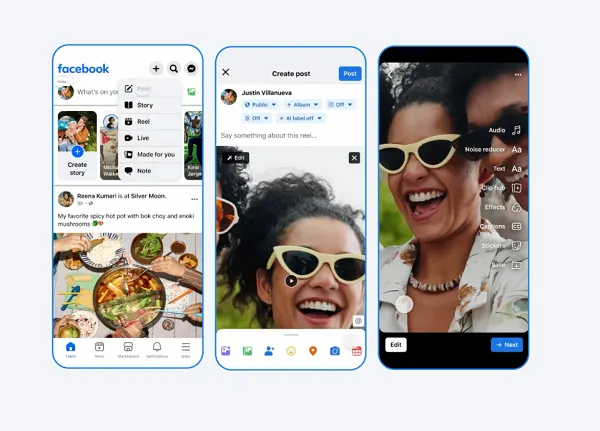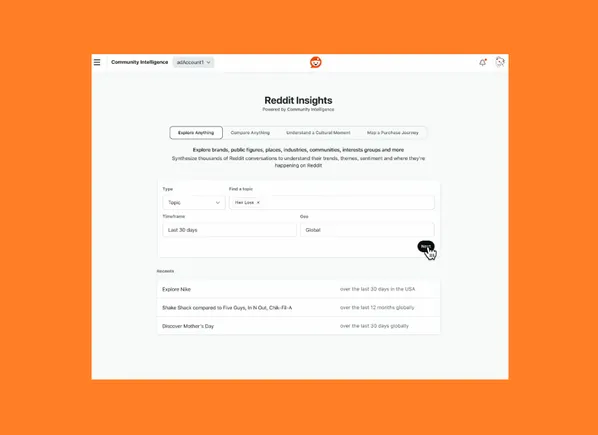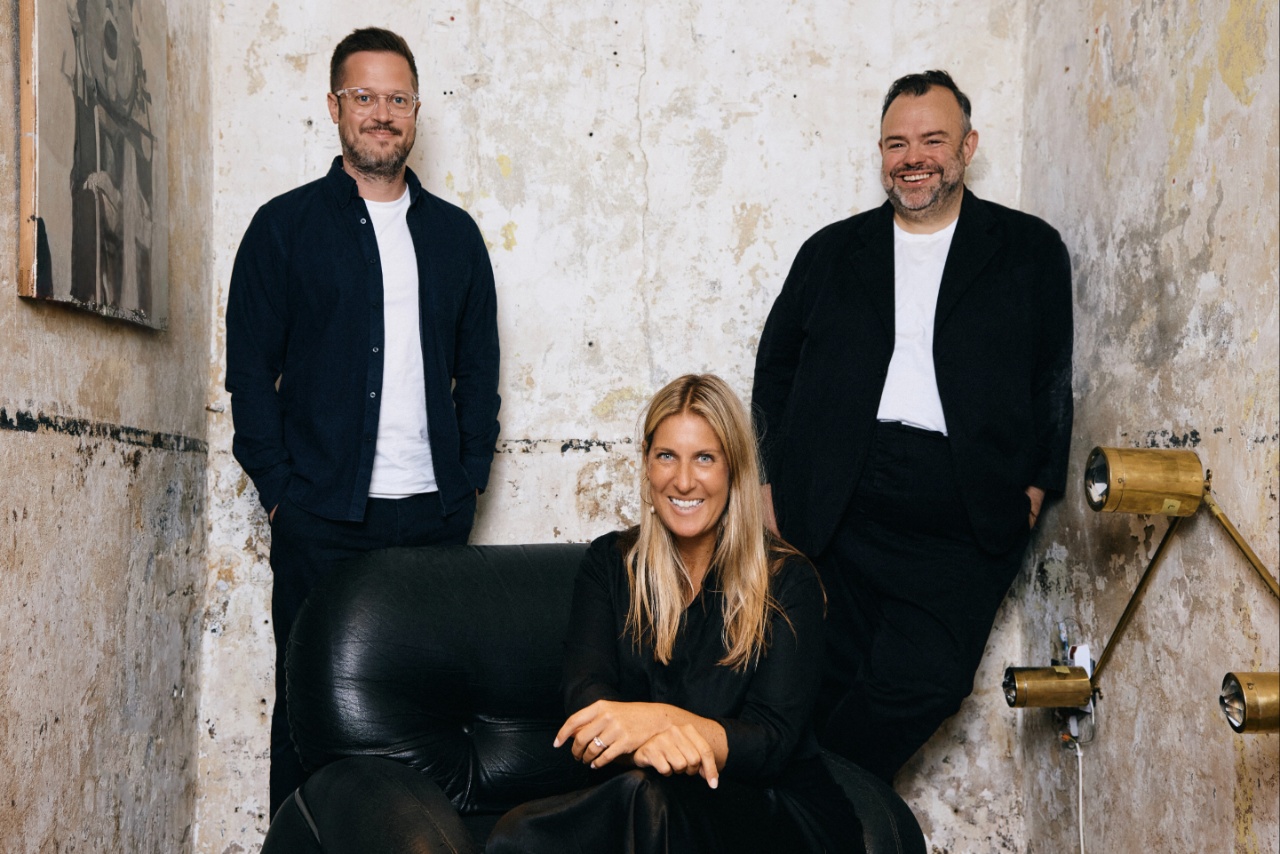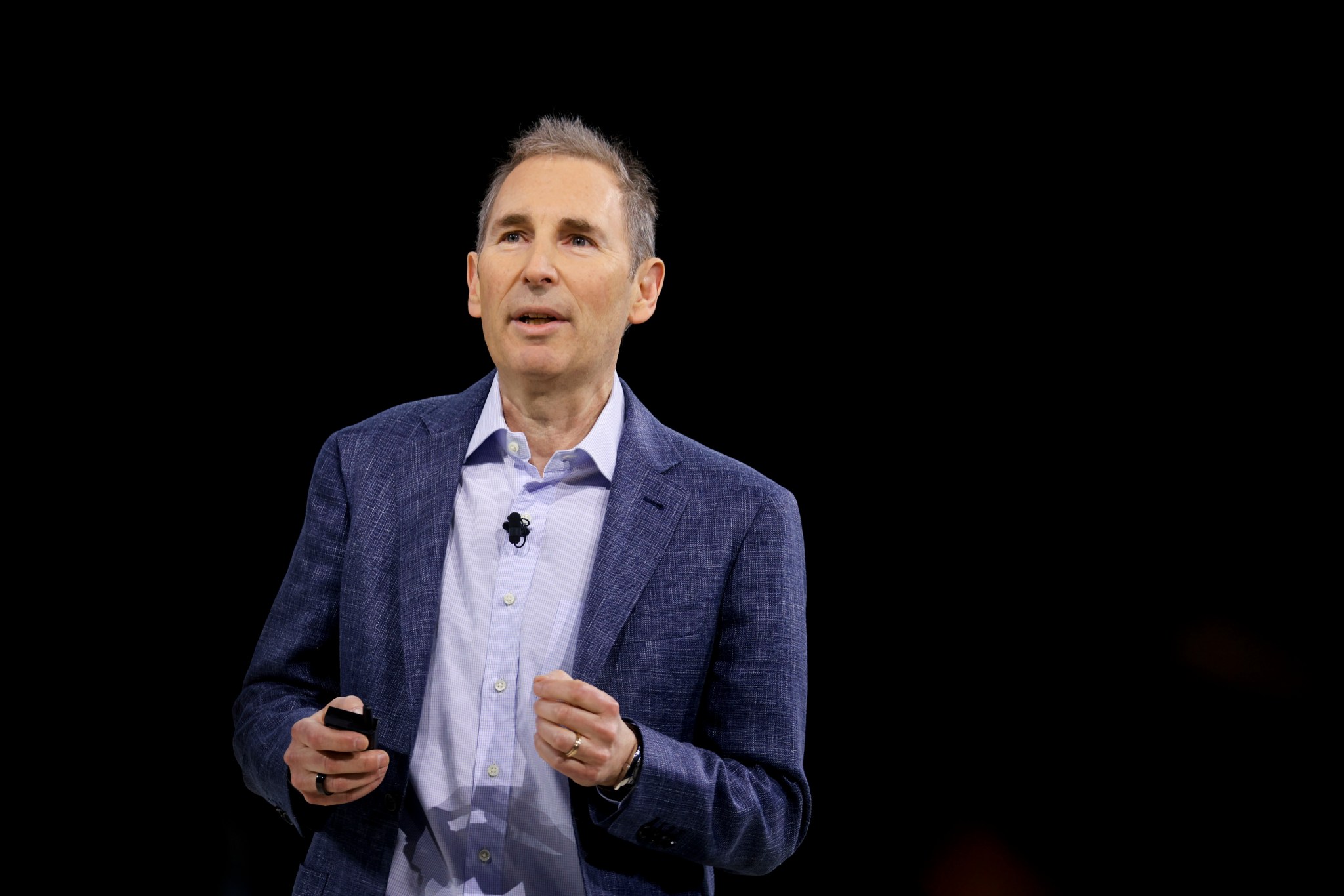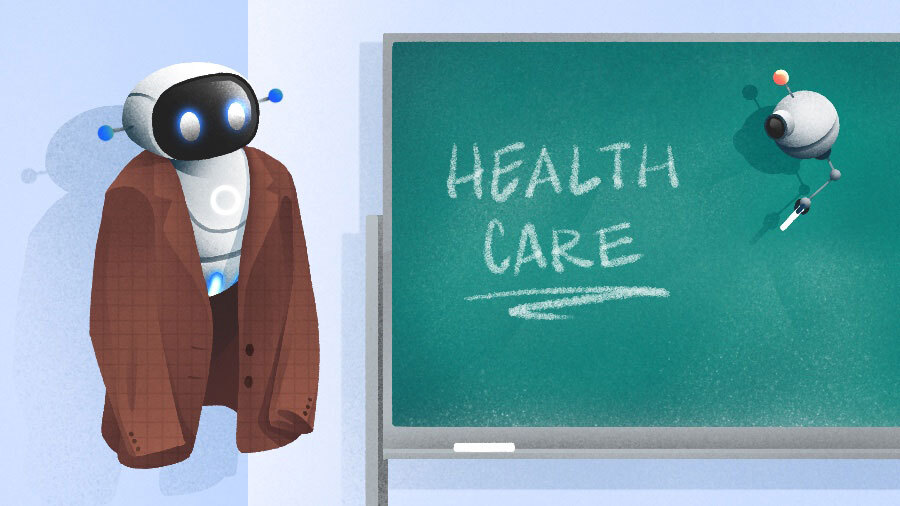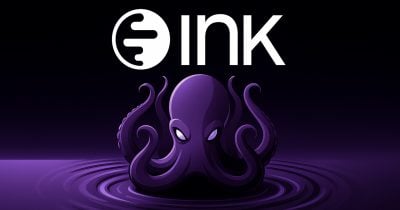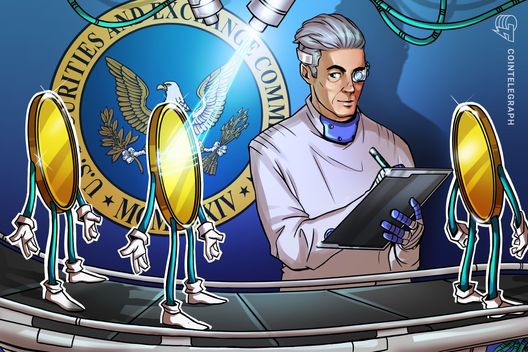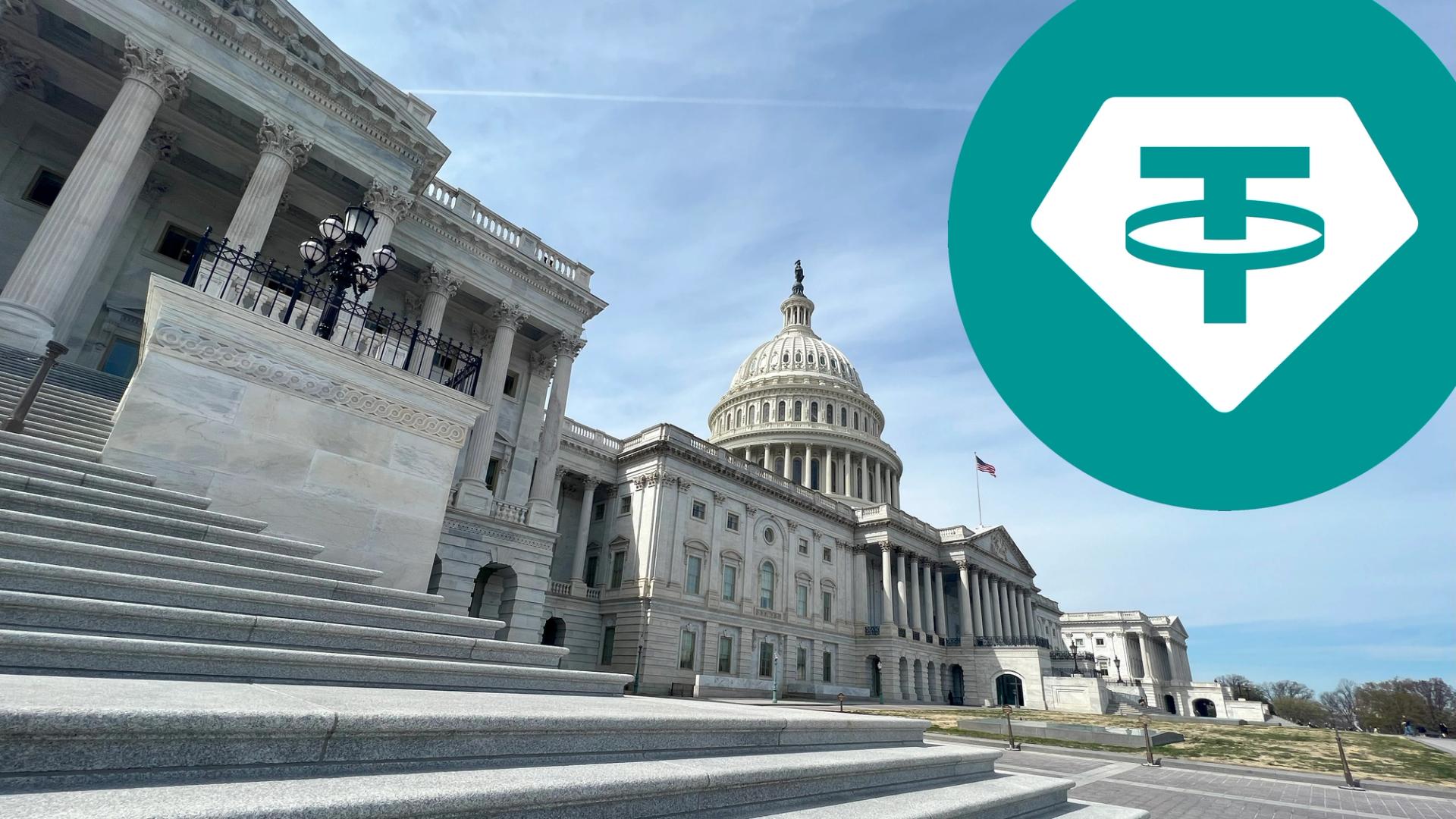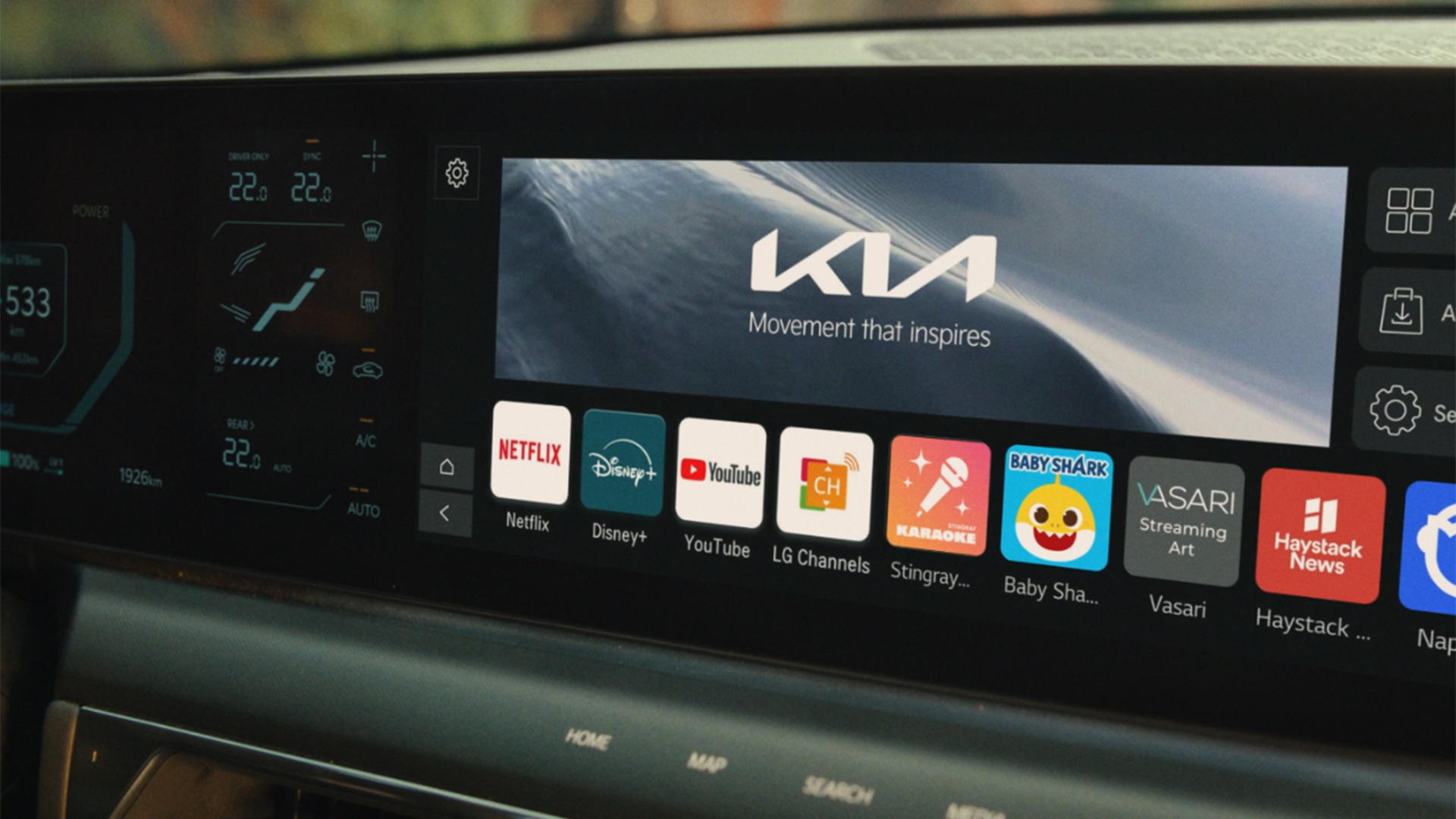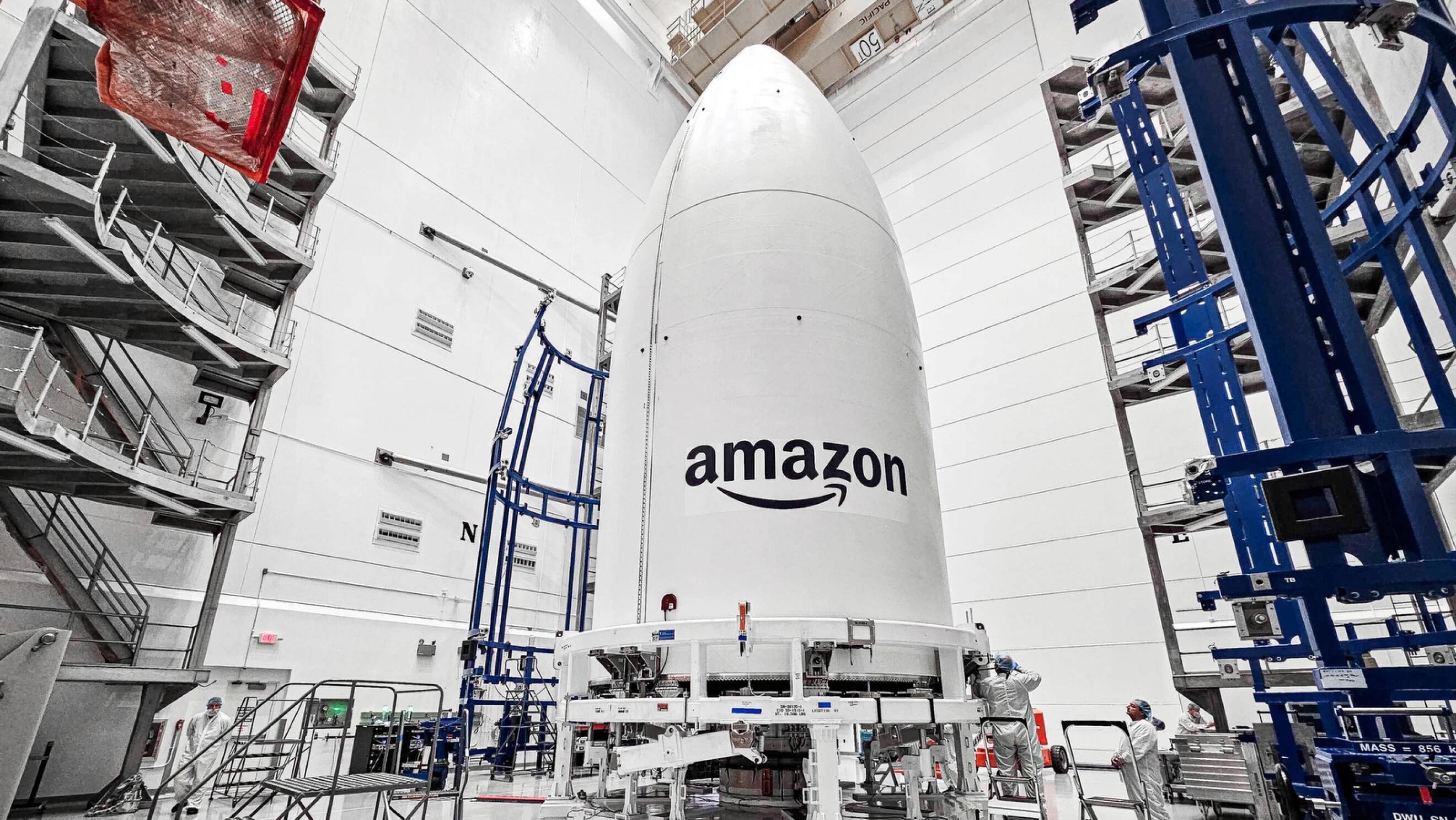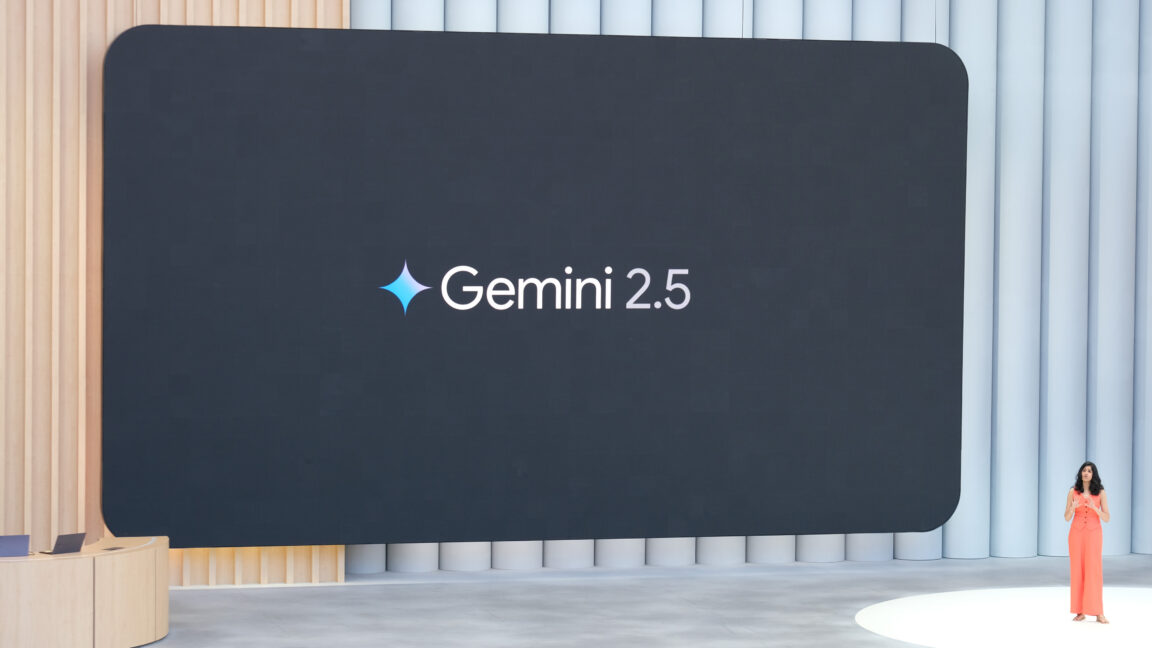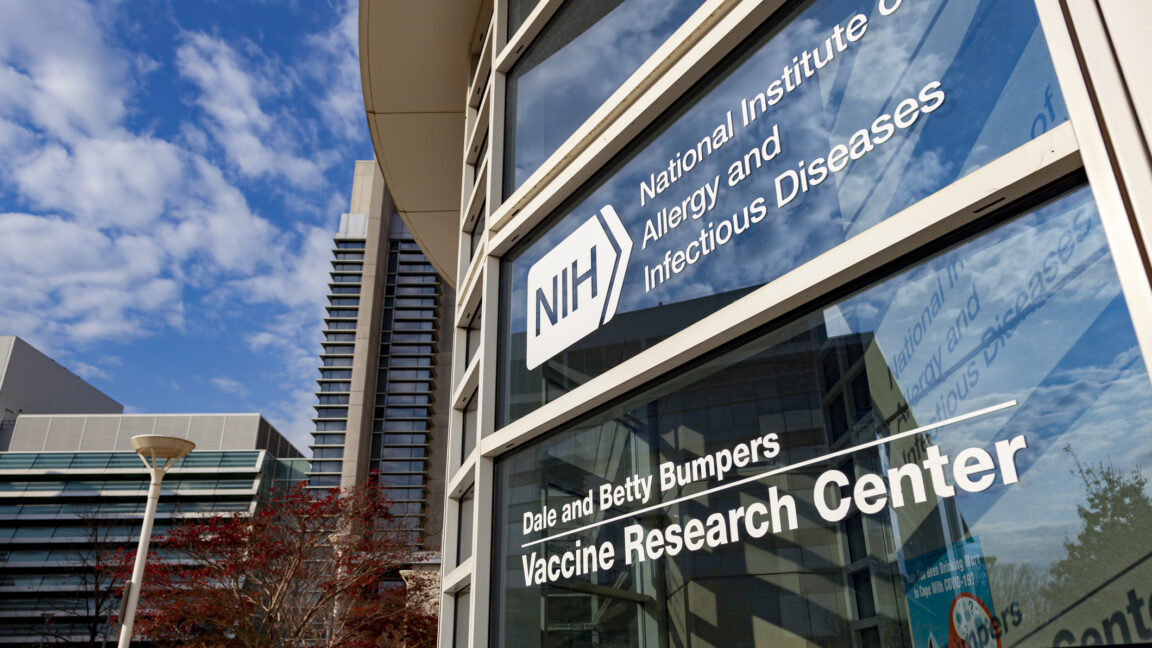Your next coworker could be an AI agent: will you be ready to welcome it as a team member?
Get ready to work alongside AI agents that boost productivity, insight, and team collaboration.

Imagine starting your workday not just with a cup of coffee and a laptop, but also with a digital colleague that’s already set up your priorities, analyzed critical data, and prepared actionable insights. This is the near-future reality of workplaces powered by AI agents, which are already demonstrating advanced capabilities unimagined previously.
A day in the life with an AI agent
Take, for example, a tax consultant in this future scenario. She’s a part of a global team that manages vast volumes of financial data for clients around the world. Every client expects speed, accuracy, and insight, and she has an AI agent that helps deliver exactly that. The consultant begins her day by greeting her AI agent, which has been trained to suit her work style. It’s already reviewed updates to tax policy across the globe and compiled a personalized briefing with key updates and client priorities.
Throughout the day, the consultant and agent collaborate seamlessly. She speaks to the AI agent naturally, and it responds like a curious colleague, surfacing insights, raising considerations, and suggesting strategies, all informed by a memory of their working history. In meetings, the AI agent participates by summarizing discussions, scheduling follow-ups, and providing real-time data analysis.
By the end of the day, the consultant had made faster, more informed decisions and had spent more time on meaningful client interactions, while the AI agent handled the heavy lifting in the background. It’s a knowledgeable partnership enhancing her day-to-day effectiveness.
Agents are a new paradigm of computing
Behind the scenes, we believe this agentic experience will be powered by a three-layer framework of AI agents: Functional agents, which handle specific, repetitive tasks, freeing consultants to focus on strategic work, e.g., automatically gathering client data, reviewing changes to tax codes, and drafting compliance reports.
Optimization agents, which coordinate those tasks, dynamically adjust workflows to maximize efficiency, e.g., reallocating agent capacity during peak tax season and flagging high-priority clients based on filing deadlines or risk levels.
Responsible AI agents, which oversee compliance, security, and ethics, e.g., ensuring the consultant’s AI tools remain audit-ready, adhere to client confidentiality rules, and avoid using outdated or unauthorized datasets.
These agents go beyond assisting the consultant; they can work autonomously to complete a task. The consultant directs teams of agents, instructing them when they need a decision and quality checking the work. These hybrid human and agentic teams are underpinned by a responsible AI orchestration layer of technology, which manages the workflows within defined responsible AI principles.
This isn’t just about a step-change in technology – more broadly, it’s a total transformation of how we engage with technology. Agentic AI makes work feel adaptive, conversational, and context-aware. It’s a new mode of working where digital systems anticipate needs, communicate, and take action in real-time.
Preparing for the AI-enhanced workplace
As AI-human hybrid teams become more prevalent, organizations must lay the groundwork to use agentic AI wisely and effectively. Success with the technology will depend on establishing a robust, responsible AI orchestration layer informed by strong governance frameworks, but above all, creating “AI-ready” data, which is the foundation of an agentic workforce.
Without high-quality, well-structured, and trusted data, even the most sophisticated AI agents can falter. Equally, poorly governed AI agents – especially those interacting directly with customers, financial data, or regulated environments – can create reputational, legal, and operational exposure. Organizations need not just strong data governance, but clear accountability frameworks for how AI agents are deployed, monitored, and evolved over time.
There’s also the critical human factor: if trust erodes due to unexplained errors or opaque behavior, adoption can stall or stop. Organizations are beginning to prepare their workforces for the agentic AI future by providing foundational AI learning and actively gathering feedback to improve adoption.
Are you ready to welcome your new AI team members?
For organizations preparing for an agentic workforce, there are clear foundations required for success: invest in data and infrastructure, define governance early, and proactively bring the leaders and employees on the journey.
The potential in terms of productivity, experience, and growth with AI is material to every business. Execution, as always, is the challenge to achieve the promised value. Adopting AI isn’t just about providing the technology – it is also essential to create an “AI-ready mindset” where people are excited to learn new skills and feel a part of the transformative opportunities. Change management led by ‘AI-ready leaders’ is proving to be the key differentiator between businesses that excel with AI and those that struggle.
The views reflected in this article are the views of the author and do not necessarily reflect the views of the global EY organization or its member firms.
We've featured the best AI writer.
This article was produced as part of TechRadarPro's Expert Insights channel where we feature the best and brightest minds in the technology industry today. The views expressed here are those of the author and are not necessarily those of TechRadarPro or Future plc. If you are interested in contributing find out more here: https://www.techradar.com/news/submit-your-story-to-techradar-pro




